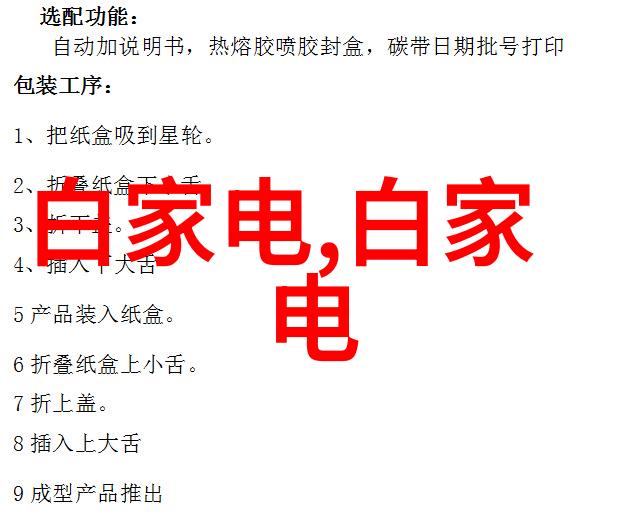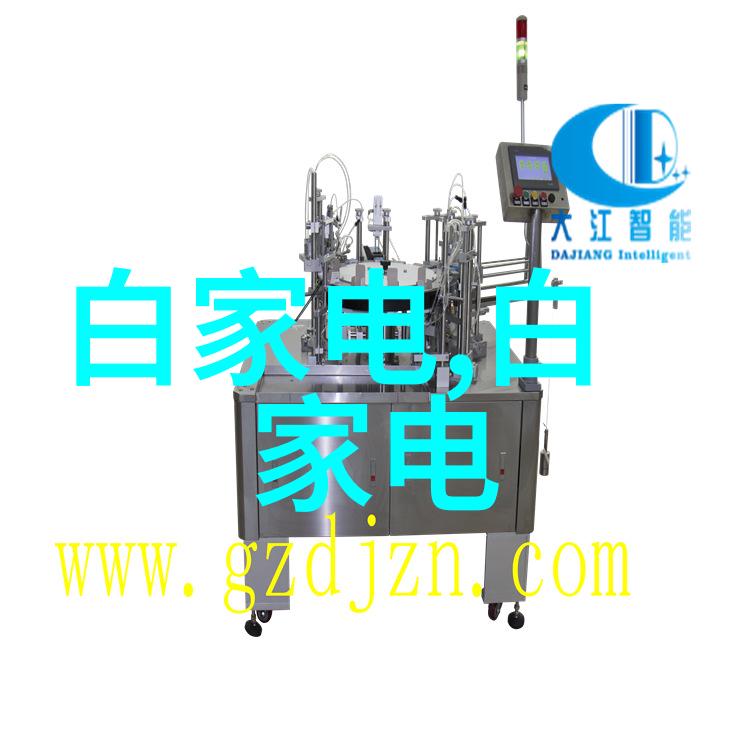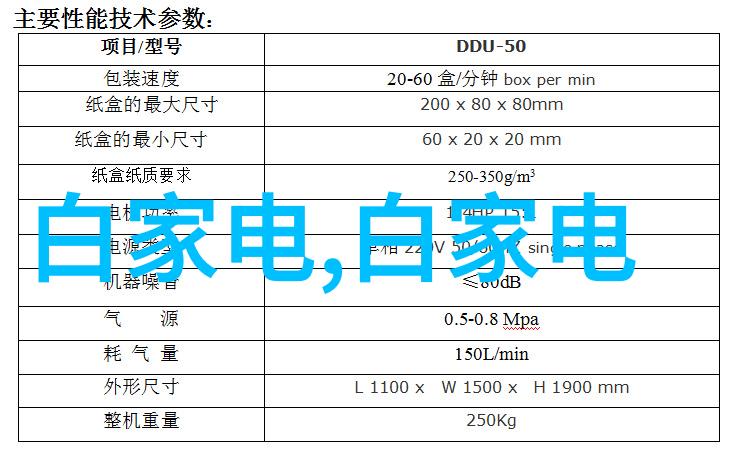
工业废气治理技术与政策高效环境保护措施
什么是工业废气的治理?

工业废气是指在工业生产过程中排放到大气中的有害物质,如硫化氢、氮氧化物、挥发性有机化合物(VOCs)、重金属颗粒等。这些污染物对环境质量和人类健康造成严重影响,因此必须进行有效治理。
为什么需要对工业废气进行治理?

随着全球经济的快速发展,特别是在中国,这些国家的产业结构正在向制造业转型,能源消费和工业排放量急剧增加。这导致了空气质量问题日益严重。例如,大城市常常出现雾霾现象,其主要原因就是大量的污染物被释放到大气中。因此,对于如何有效控制和减少这些污染物排放成为迫切的问题。
如何进行工业废gas治理?

目前,各国政府已经出台了一系列法律法规来规范和限制Industrial emissions. These regulations include setting standards for emissions, monitoring and reporting requirements, as well as financial incentives for companies that invest in pollution control technologies. Additionally, there are several technologies available to capture and treat industrial emissions before they enter the atmosphere.
哪些技术用于处理Industrial Emissions?

There are several technologies available to capture and treat industrial emissions before they enter the atmosphere. One of these is scrubbers which use a liquid solution to absorb pollutants from gas streams. Another technology is electrostatic precipitators (ESPs) which use electrical charges to attract dust particles out of exhaust gases.
Another technology used is wet or dry flue gas desulfurization (FGD), which removes sulfur dioxide from power plant flue gas by using a slurry or spray tower filled with limestone or other alkaline materials that react with the SO2 in the flue gas stream.

Finally, there are also new technologies like carbon capture and storage (CCS) being developed, which can reduce CO2 emissions from power plants by capturing them directly from the stack.
工业废gas治理成本怎么计算?
The cost of implementing these technologies varies widely depending on factors such as the size of the facility, type of pollutant being emitted, energy costs in your area etc. It's important to note that while it may seem expensive upfront to install these systems, it can save money over time through reduced fuel consumption and lower fines associated with non-compliance with environmental regulations.
Moreover some governments offer tax credits or grants for companies that invest in clean air projects reducing their overall expenses even more
How do we ensure compliance?
Compliance requires regular monitoring of emission levels at facilities emitting waste gases along with periodic inspections by regulatory authorities who enforce laws related towards this issue
In addition many countries have implemented strict penalties against those who fail adhere strictly enough so everyone has incentive follow rules effectively manage industrial waste output efficiently without compromising safety health wellbeing our planet



